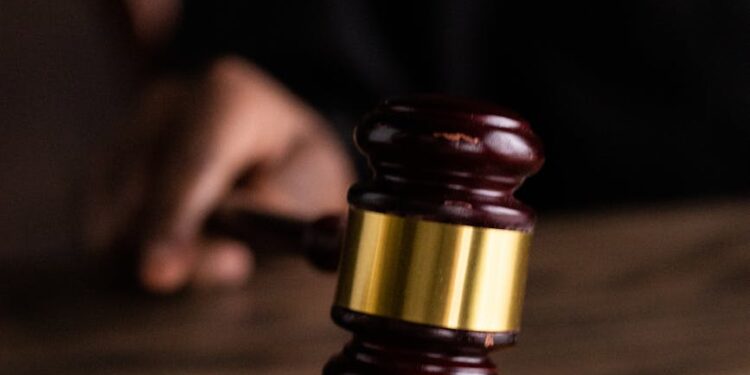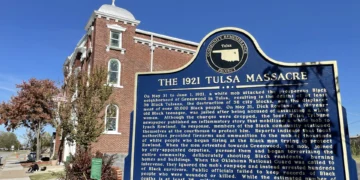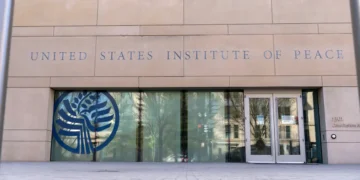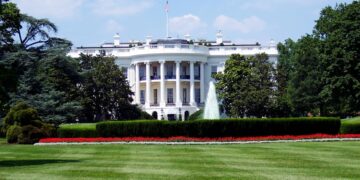Feb 8, 2025 Story by: Editor
BOSTON (AP) — A federal judge in Boston will review a request on Friday from 18 state attorneys general to halt President Donald Trump’s executive order, which seeks to end birthright citizenship for children born in the U.S. to parents who are in the country illegally.
This hearing follows a decision by a federal judge in Seattle on Thursday, who blocked the order and criticized the administration’s approach to the Constitution. The judge stated that Trump was attempting to amend the Constitution through executive action. The Seattle ruling, issued in a case filed by four states and an immigrant rights group, came after a Maryland federal judge imposed a nationwide pause on the order in a separate but similar lawsuit on Wednesday.
In the Boston case, the attorneys general, joined by the cities of San Francisco and Washington, are urging Judge Leo Sorokin to grant a preliminary injunction against the order.
They contend that birthright citizenship is “enshrined in the Constitution” and argue that Trump lacks the legal authority to implement the order, describing it as a “flagrantly unlawful attempt to strip hundreds of thousands of American-born children of their citizenship based on their parentage.”
Additionally, they assert that the executive order would deprive states of critical funding needed to “provide essential services” such as foster care, healthcare for low-income children, and “early interventions for infants, toddlers, and students with disabilities.”
The lawsuits center on the 14th Amendment to the Constitution, which was ratified in 1868 in the aftermath of the Civil War and the Dred Scott Supreme Court ruling. That ruling had determined that Scott, an enslaved man, was not a citizen despite residing in a free state.
The Trump administration argues that children born to noncitizens are not “subject to the jurisdiction” of the United States and, therefore, should not be granted citizenship.
However, attorneys representing the states dispute this interpretation, pointing to long standing legal precedent. They emphasize that since the amendment’s adoption, it has been upheld, most notably in the 1898 U.S. Supreme Court case United States v. Wong Kim Ark. That ruling established that the only exceptions to automatic U.S. citizenship at birth applied to children of diplomats (who owe allegiance to foreign governments), enemies occupying U.S. territory during wartime, those born on foreign ships, and children of members of sovereign Native American tribes.
The U.S. is one of approximately 30 nations that recognize birthright citizenship, following the principle of jus soli, or “right of the soil.” Many of these countries are in the Americas, including Canada and Mexico. Source: PBS
















